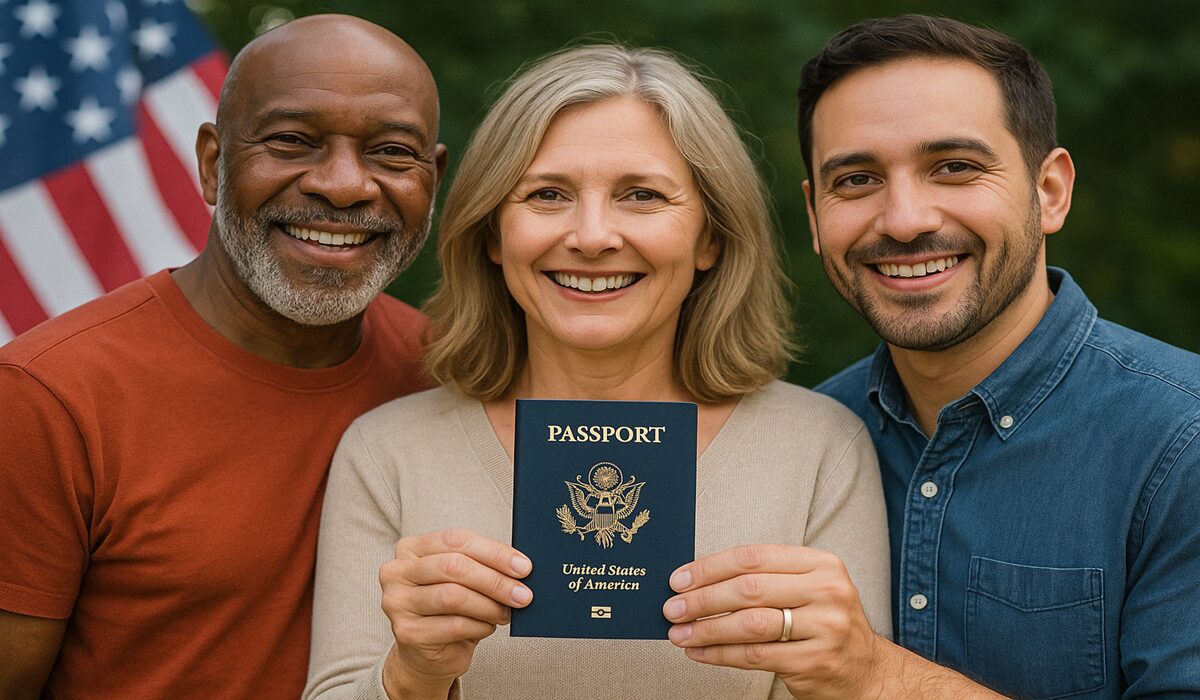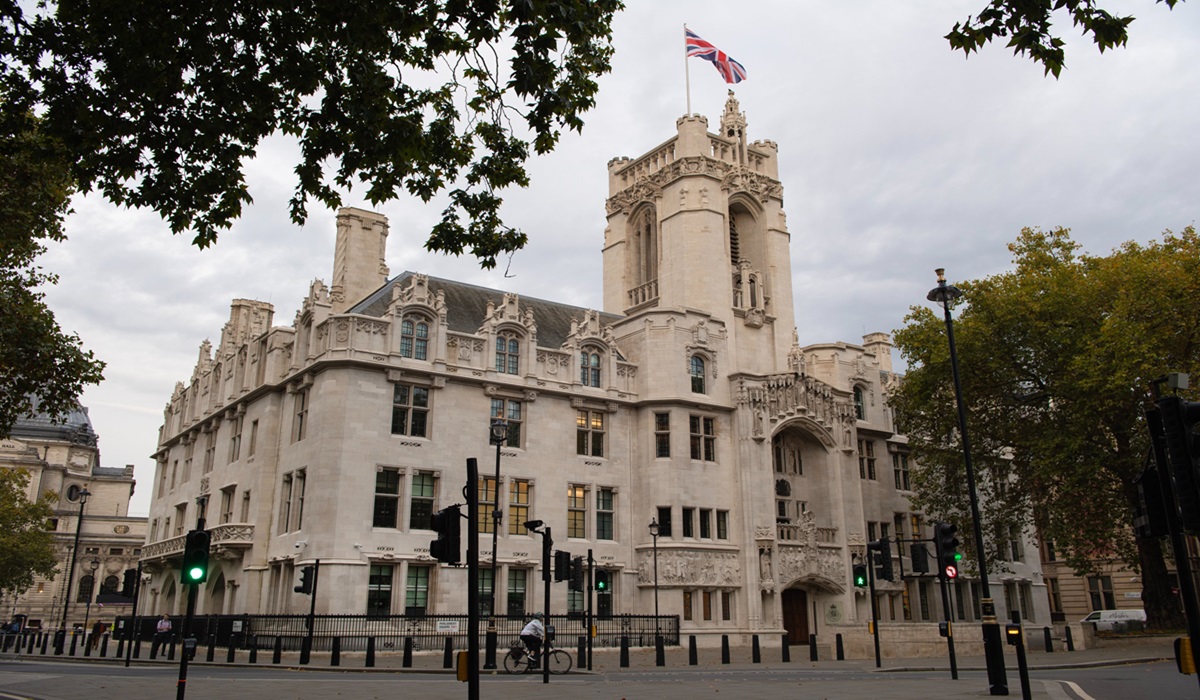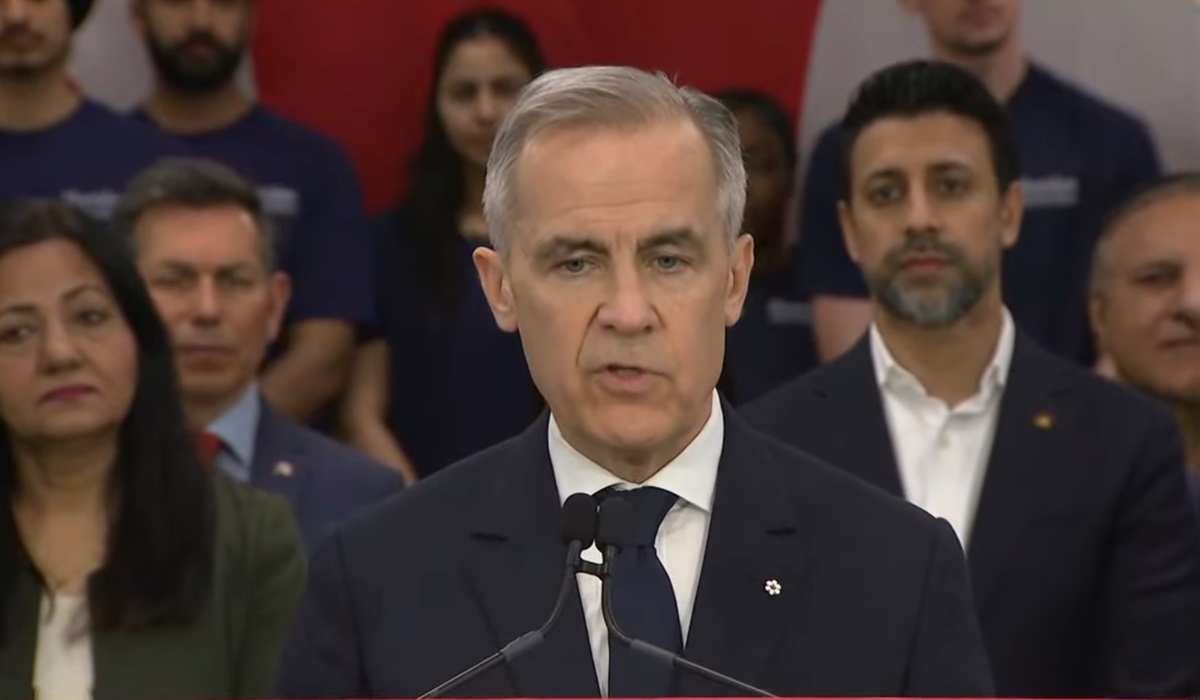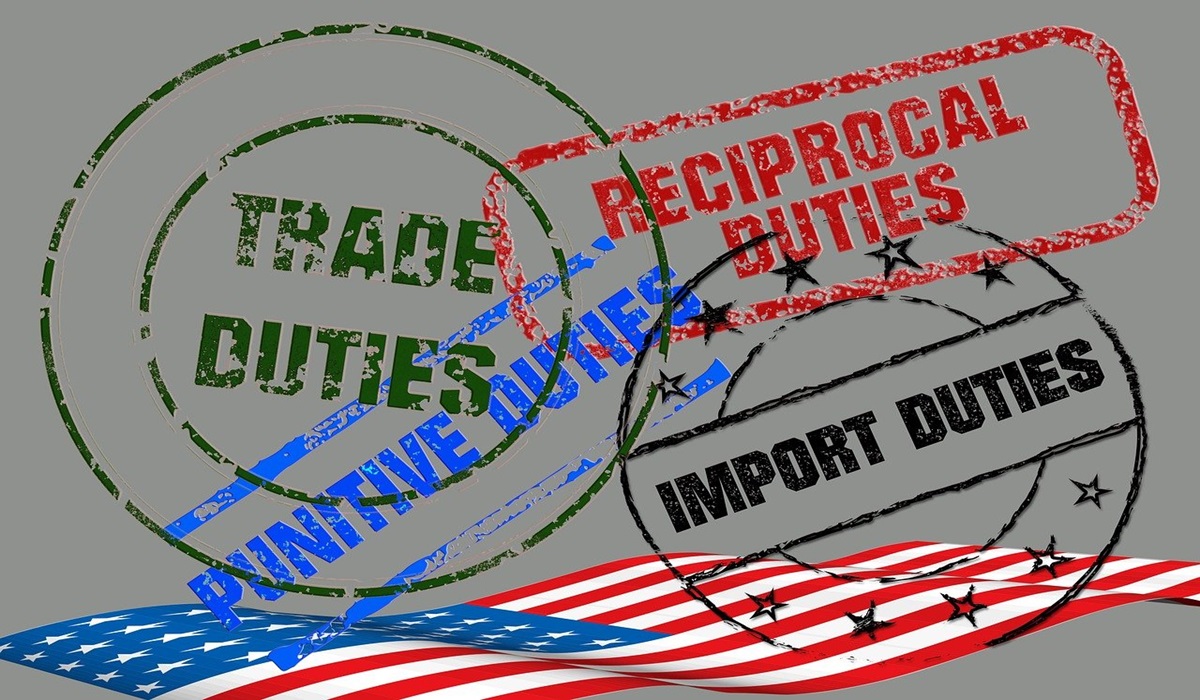Why More Americans Are Ditching Their Passports – And Finding Greener Pastures Abroad
- Kingston Bailey
- Breaking News
- April 16, 2025

In the past, giving up one’s American citizenship was seen as a radical, even unpatriotic move. Today, for a growing number of Americans, it’s not about allegiance—it’s about survival. Whether escaping ballooning healthcare costs, student debt, housing prices that have doubled in under a decade, or simply trying to find some version of peace in a destabilized world, the American passport is losing its appeal—not just figuratively, but literally.
According to the U.S. Treasury Department, over 5,000 Americans officially renounced their citizenship last year alone. That’s a dramatic increase from just a few years ago, and it’s part of a broader trend: Americans aren’t just talking about leaving—they’re actually doing it. And for the first time in decades, the reasons are not luxury or retirement-driven; they’re economic, existential, and urgent.
“Living in the U.S. started to feel like running on a treadmill set to max speed with no off switch,” said one former California-based tech worker who renounced his citizenship and moved to Portugal. He asked to remain anonymous, citing professional consequences. “I was making over $150,000 a year, but between rent, insurance, and taxes, I had almost nothing left. Here, my monthly rent is $700, my healthcare is covered, and I can finally breathe.”
He’s not alone. From Mexico to Thailand, from Portugal to Georgia, former American citizens are settling into lives that are not only more affordable but increasingly more stable. The kicker? For many, “greener pastures” is more than metaphor—it’s a literal escape to cleaner air, walkable cities, and governments that, at least for now, aren’t teetering on the brink of civil unrest.
The cost-of-living crisis in the U.S. didn’t start with Donald Trump, but his administration’s sweeping tariff policies added fuel to an already smoldering fire. When Trump imposed hundreds of billions of dollars’ worth of tariffs—mainly on Chinese imports—American consumers bore the brunt. Tariffs on steel, aluminum, semiconductors, electronics, and everyday household goods inflated prices across the board. The Trump administration insisted the tariffs would pressure foreign governments and protect American jobs. What it did, instead, was unleash a domino effect: American companies passed the cost onto consumers, foreign retaliation hurt exports, and prices climbed while wages stagnated.
From 2019 to 2024, the cost of living in the U.S. rose by over 21%, outpacing wage growth by a significant margin. Rent in major urban centers like New York, Los Angeles, and Austin surged by 30–45%. Grocery prices are up 25% compared to five years ago. Healthcare premiums rose nearly 30%. The price of a new car? On average, 32% more expensive than pre-2020. Meanwhile, debt—especially student and credit card debt—keeps Americans shackled. Even those earning six figures now describe themselves as “barely making it.”
The breaking point? For many, it’s already here. The American Dream, once a source of national pride, now feels like a rigged game. Homeownership is increasingly out of reach for younger generations, particularly Millennials and Gen Z. Saddled with debt, priced out of real estate, and navigating a polarized political culture that seems more interested in culture wars than affordable housing or healthcare, they’re making an unprecedented choice: opt out.
Countries like Portugal, Spain, Costa Rica, and even Malaysia are offering long-term digital nomad visas, retirement incentives, and business-friendly tax schemes that are luring Americans with a simple proposition—live better for less. For example, the average cost of living in Lisbon is 45% lower than in San Francisco. Mexico City, even amid recent inflation, remains 50% cheaper than Los Angeles. And yes, in most of these places, access to public healthcare is part of the deal.
Critics will argue that abandoning the U.S. is shortsighted or even cowardly. But for those making the move, it’s not about fleeing responsibility—it’s about reclaiming agency. And often, it’s about mental health. In a recent Gallup poll, nearly half of young Americans said they’ve considered leaving the country. One-third cited burnout and anxiety as major reasons.
The broader question now is: can this trend be sustained? Is it just a post-COVID correction, or is this the start of a full-blown exodus?
From a practical standpoint, there’s a limit. Not everyone can afford the luxury of relocation, and many Americans are tied down by family, jobs, or immigration barriers in their destination of choice. But for those who can—and especially those who can work remotely—the path has never been more well-trodden or more appealing. Facebook groups and Reddit threads like r/ExpatFIRE (Financial Independence, Retire Early Abroad) are exploding in membership, filled with tips, job leads, and unfiltered advice about how to cut the cord from American life.
The implications back home are profound. A society where the middle class is choosing exit over engagement is one that risks further polarization and brain drain. Losing taxpaying, educated citizens to more affordable and less stressful nations could gradually erode the very foundations of the American workforce. Already, some economists warn that if the U.S. doesn’t address housing affordability and healthcare reform, it risks creating a permanent underclass of economic hostages—people who want to leave but can’t afford to.
It begs the final question: where do we go from here?
If America is to reverse this trend, it needs more than campaign slogans. It needs bold, immediate action on cost-of-living issues. That means confronting corporate price gouging, overhauling healthcare, investing in affordable housing, and creating realistic pathways to education without lifelong debt. And yes, it means rethinking tariffs that ultimately punish American families.
There’s still time to course correct. America remains a land of opportunity—but increasingly, that opportunity is gated behind zip codes, insurance plans, and connections. If policymakers continue to treat rising emigration as a fringe problem or dismiss it as unpatriotic whining, they’re missing the point.
People aren’t leaving because they hate America. They’re leaving because they love themselves enough to know when the game is no longer worth playing.
If the so-called greatest country on earth wants to keep its people, it needs to start acting like it’s worth staying for.








